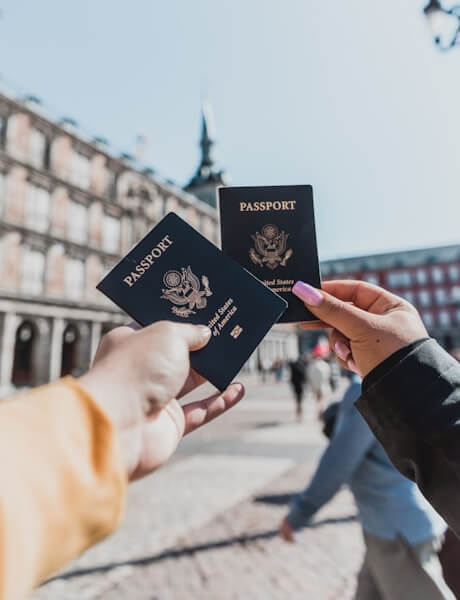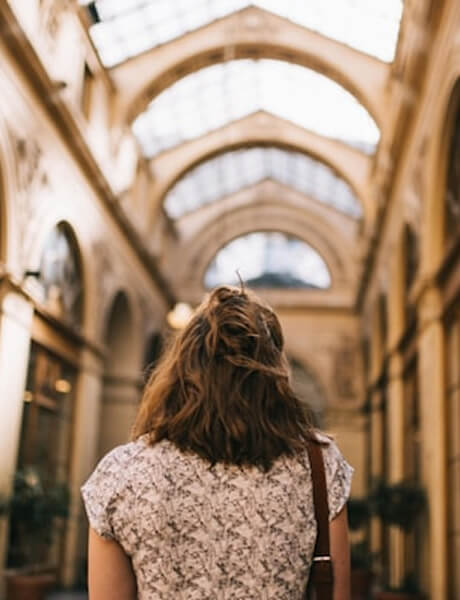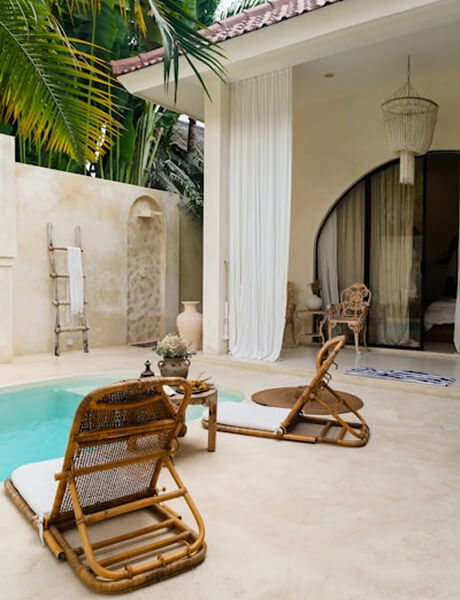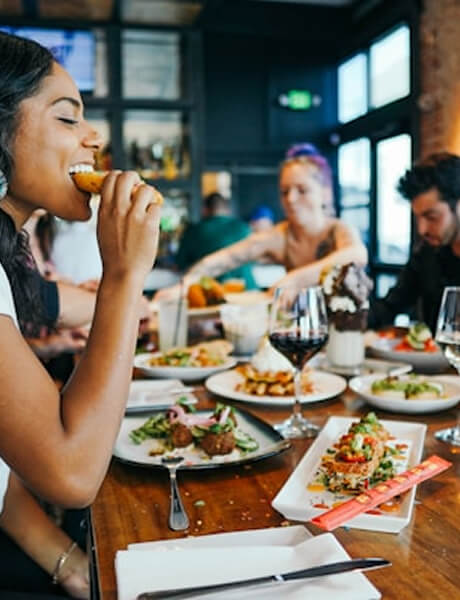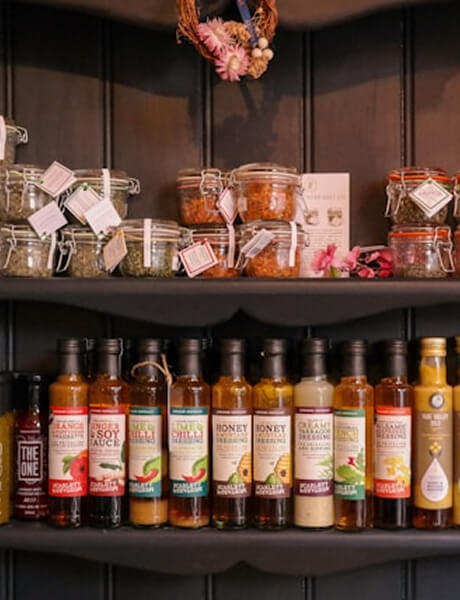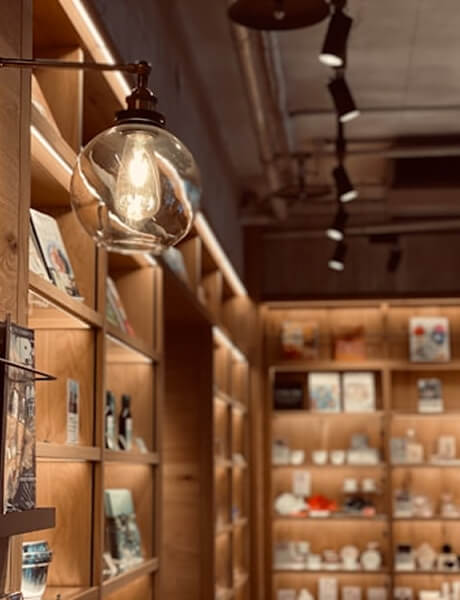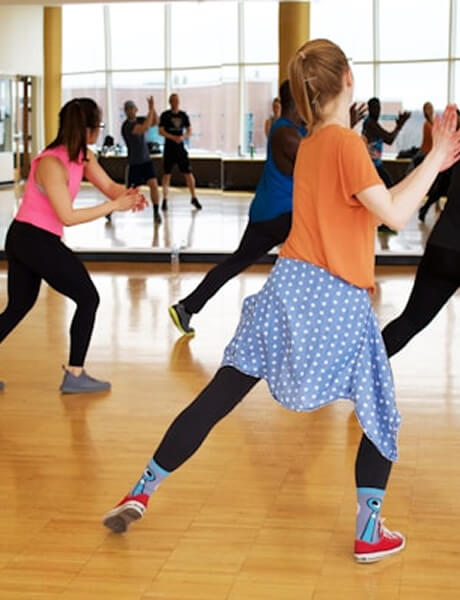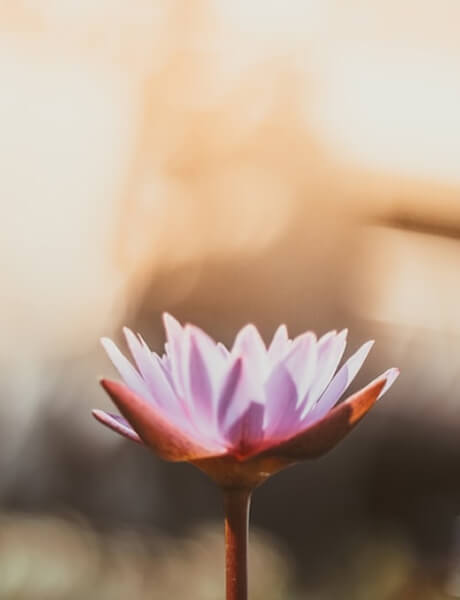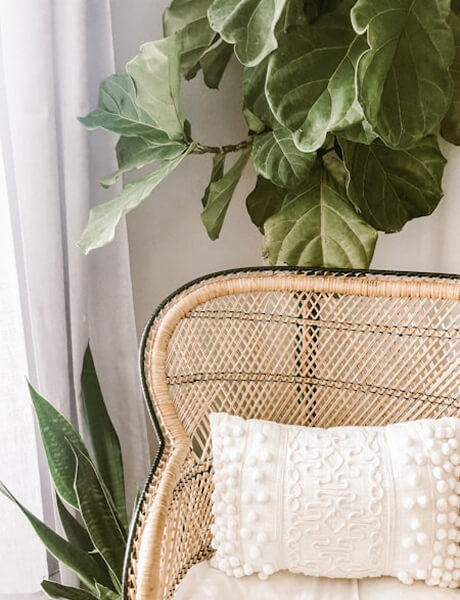
Travel guide Turquie
The best time to go en Turquie
Practical information for travel en Turquie
Get your travel guide: TURQUIE

Where to go en Turquie?
The most beautiful tourist sites
Other en Turquie destinations
Petit Futé's best addresses en Turquie
Discover the most beautiful addresses selected by the authors of Petit Futé.
Featured articles de Turquie

Getting to Istanbul without flying: itinerary tips in 2025
Published on 30/09/2025 Sustainable tourism
You can get to Istanbul without flying! Turkey may be partly on another continent, but you can get there relatively easily, taking just three trains from Paris. It's a long way, butthe journey is...

Where to go paragliding? Top 11 destinations worldwide
Published on 01/09/2025 Activities and experiences
Bir Billing, Himachal Pradesh, India © Memories Over Mocha - Adobe Stock Flying a paraglider is a unique way of admiring landscapes, with the added bonus of a good adrenaline rush. While paragliding...

What to see and do in Antalya? The 13 must-sees in 2025
Published on 22/07/2025 Activities and experiences
Situated on Turkey's south-western coastline, Antalya is a seaside resort that attracts visitors from all over the world. It boasts an old town that's a delight to stroll through for a spot of shopping...
How to travel en Turquie
How to go alone
For Turkey, airlines mainly offer flights to Istanbul. Do not hesitate to use a price comparison service on the Internet. In addition, some airlines do not charge handling fees if you book your flight directly on their website, or these fees are greatly reduced if you buy your ticket at night.
How to go on a tour
The choice of sites is so wide and varied that there are a multitude of organized tours for Turkey. Some target the west of the country between Istanbul and Cappadocia via Ankara, others take you further south along the Lycian coast on the Turkish Riviera or north on the shores of the Black Sea to discover the famous monastery of Sumela.
How to get around
The bus is the most economical and most used means of transportation by Turks because it serves the whole territory unlike the railway network. Air travel is more expensive but convenient and there are many domestic connections. The road network is in good condition with 2,000 km of highways.
Book your next trip with Kayak
Travel en Turquie
Ideas for holidays and week-end breaks en Turquie
It's not wants that you'll lack when planning your trip, but time. The Turkish territory is vast and you will have to drive miles to get from one region to another. Therefore, we advise you to plan your itinerary taking into account the travel time (often by bus) and the accessibility of the roads. For a first stay, the majority of travellers opt for the three most famous tourist destinations: Istanbul, the Mediterranean coast and Cappadocia. However, the plains of Central Anatolia, the creeks of the Aegean Sea, the mountains and thick forests of the Black Sea or the lakes in the centre and east are places that will dazzle your eyes and your heart. Below are a few ideas for some must-see trips.
Services
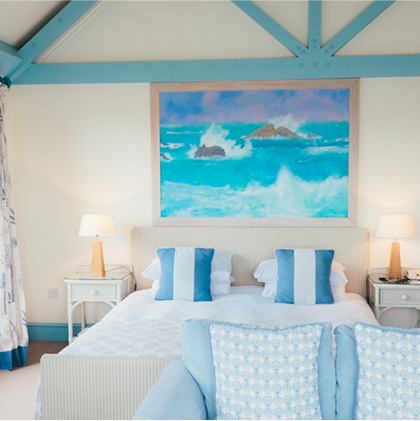
Find a hotel with Booking.com
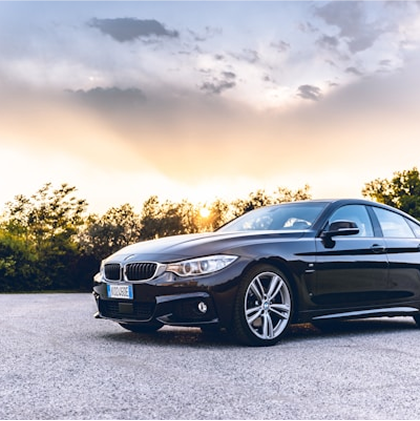
Rent a car with Bsp-auto
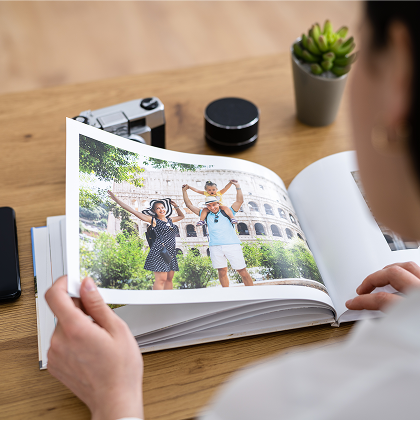
Create a blog and travel journal
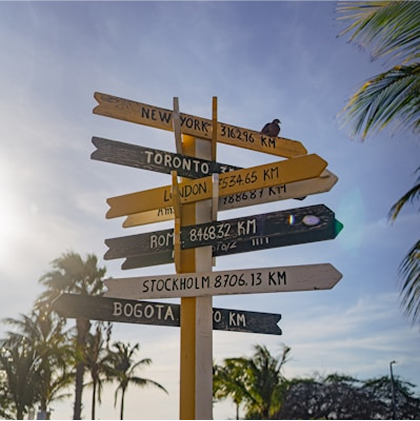
Find an agency with Quotatrip
Find unique holiday offers with our partners
Discover la Turquie
Turkey is a tourist destination suitable for all types of travellers, and you will quickly understand why when you read this guide. To make you want to book your plane ticket even more, we reveal the secrets of the great empires, the Sufi masters and the tasting of raki. Between historical heritage and cosmopolitan country, discover by yourself the street vendors of simit bread and salep, wander among the spices, carpets and ceramics in the bazaars, taste mezzes and the famous Turkish coffee, meet inhabitants with unequalled kindness and hospitality. From the Bosphorus to Anatolia, from Cappadocia to the Aegean coast, admire a diversity of landscapes between white sandy beaches and breathtaking mountain peaks. Its history, its landscapes, its gastronomy, everything is fascinating and makes Turkey a dream country.
The 12 keywords en Turquie
#Atatürk
Hero and inspirer of the War of Independence, Atatürk, founder of the secular Republic of Turkey, saved the country from dismantling, created the foundations of a nation-state and set it on the road to modernization. His influence on Turkish political and social life is still very great. No disrespect to his person is tolerated.

#Ayran
The yoǧurt is the main ingredient in this popular thirst-quenching drink, which is beaten with water and salt. Try it with a kebab! In 2013, Recep Tayyip Erdoğan, then Prime Minister, decreed ayran the national drink of Turks, which was not to everyone's taste, some considering that the title belonged to rakı instead.
#Bosphorus
The Bosphorus Strait(Boğaz) is the passage between the Black Sea and the Marmara Sea, the southern boundary between Europe and Asia with the Dardanelles Strait. This magnificent blue channel crossing Istanbul gives the city an extraordinary character and separates it into two entities. Its traffic (50 000 ships per year) is one of the densest in the world.
#Camii
"Mosque" in Turkish. Turkey is full of them, Istanbul would count about 3,000. Every town or village has minarets rising towards the sky, from which the prayer is sung five times a day. With its domes, the style of these mosques is unique to Turkey. The most famous are built by the famous Turkish architect Mimar Sinan.

#Çay
Tea in Turkish. It's almost a symbol of the country, as it's available everywhere and at all times. Slightly more bitter than the tea drunk in Europe, it is drunk in very small glasses. If you prefer it less strong, ask for açık (clear). It's very common to come across Turks sitting in the street enjoying their tea with a few friends.
#Hammam
A must when visiting Turkey. The hammam (Turkish bath) takes place in three stages: "sweating" on the marble, the torpor that prepares the body for exfoliation, and the soap massage. Many establishments are ancient. Men and women are segregated: there are rooms reserved for each sex, at different times and on different days.

#Kebab
Kebab, Turkey's emblematic culinary specialty, is often one of the dishes travelers expect to discover as soon as they arrive. Yet the word "kebab" covers a wide variety of preparations: dürüm, şiş kebab (skewered meat), döner (meat on a vertical spit), or çöp kebab (small grilled pieces).
#Mimar Sinan
This Ottoman Michelangelo built his first mosque at the age of 45 in Aleppo (Syria) and became chief architect at court. His masterpieces are the mosques of Süleymaniye and Şehzade, in Istanbul. The famous Blue Mosque is the work of one of his disciples. He made his final masterpiece in Edirne (Selimiye Mosque) at the age of 85.

#Nazar
The nazar (or nazar boncuk) is a fetish object used to protect from the evil eye. Handmade from glass paste, it is often tinted blue and its design represents the iris with its white dot in the center. It can be found everywhere: in his house, hanging from front doors, as a key ring, hanging from the rear-view mirror...
#Rakı
Unofficially, it's the national drink. Distilled from grapes, figs or plums and flavored with aniseed, it belongs to the family of aniseed-flavored drinks from neighboring countries: arak or ouzo. Rakı is consumed at festivals, with meals and traditionally accompanied by cheese, mezzés and fish. To be enjoyed neat or diluted.
#Carpeting
For centuries, carpets have been part of the life of nomadic or sedentary Turks. Useful or decorative, carpets are divided into 2 categories: knotted carpets(halı) and woven carpets(kilim, zili, sumak or cicim) which are differentiated according to the technique used. They have different names depending on their size and use.
#Tavla
This game is one of the oldest in the world, the first are said to have originated in Mesopotamia. A real institution in Turkey, you will see the Turks, from morning to evening, in certain alleyways filled with small tables provided for this purpose, in the çay evi where men gather or on the corner of a table. A chance to learn.
You are from here, if...
You never refuse to taste a dish offered to you.
You say Afiyet olsun ("Bon appétit") before, during and after meals.
You remove your shoes when you enter someone's home or a mosque.
You feed and take care of street cats, but also stray dogs (most of them "clipped" to the ear, you'll see).
You avoid showing signs of affection for your boyfriend/girlfriendin public, such as languorous kisses.
You have a deep respect for Atatürk and, by extension, a strong attachment to the republic, secularism and freedom.
You don't blow your nose at the table (the worst offense of all).
You use Turkish polite expressions in everyday life: "Eline sağlık" (May your hands be healthy!), "Nazar deymesin" (May the evil eye not reach you!), "Aferin" (Bravo!), or "Hoş geldin" (Welcome!).










